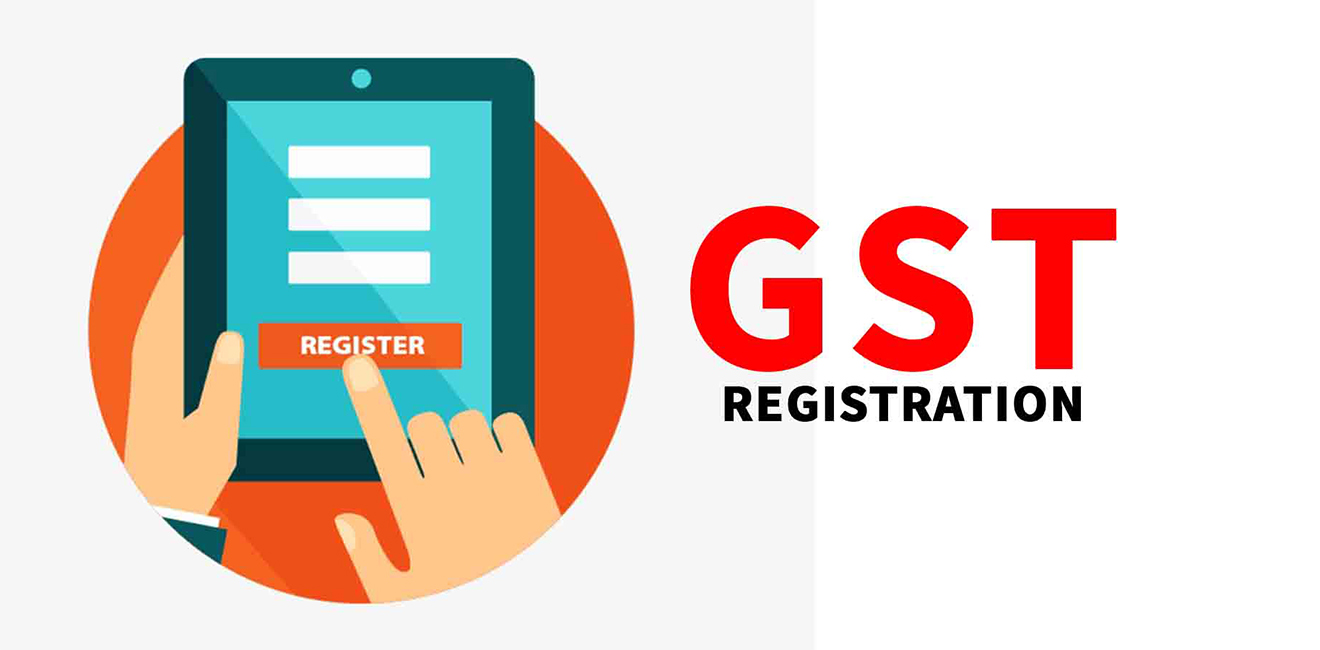A Goods and Services Tax (GST) certificate is a document issued by the Indian government that certifies that a business is registered with the Goods and Services Tax (GST) system. It is a unique identification number that is used to identify a business for taxation purposes in India.
GST Registration
GST Registration
Contact our experts today to streamline your GST registration process!

Overview GST Registration online
Since its introduction on 1 July 2017, the Goods & Services Tax (GST) has been mandatory for all service providers, traders, manufacturers, and even freelancers in India. The GST system was implemented to replace Central and state-level taxes such as Service Tax, Excise Duty, CST, Entertainment Tax, Luxury Tax, and VAT, making the tax process more streamlined. The GST registration charges vary depending on the type of business and turnover.
For those taxpayers whose annual turnover is less than 1.5 crore, the GST framework provides an option for a composition scheme. This scheme allows them to undergo simplified GST procedures and pay taxes at a predetermined rate according to their turnover.
The GST mechanism operates throughout various stages of the supply chain. This includes acquiring raw materials, production, wholesale, retail, and the eventual sale to the end consumer. Notably, GST is imposed at every one of these steps. For example, when a product is produced in West Bengal and then used in Uttar Pradesh, the GST revenue generated is allocated entirely to Uttar Pradesh, emphasizing the consumption-based nature of GST.
Legal Recognition
Input Tax Credit
Simplified Taxation
Increased Market Reach
Key Components of GST Registration
The Goods and Services Tax (GST) in India is structured around three primary components:
- Central Goods and Services Tax (CGST):This tax is levied by the Central Government on the supply of goods and services within a particular state. CGST applies to transactions carried out entirely within the boundaries of one state.
- State Goods and Services Tax (SGST): SGST is charged by the State Government on the supply of goods and services within its jurisdiction. Similar to CGST, SGST is also limited to transactions happening within a specific state.
- Integrated Goods and Services Tax (IGST):This tax is imposed by the Central Government on the supply of goods and services that occur between different states or between a state and a Union Territory. IGST is relevant for transactions where goods or services cross state or Union Territory boundaries./span>
Who is required to register for GST?
GST registration is essential for the following persons:
Business Entities
Any enterprise with an aggregate annual turnover exceeding Rs. 40 lakhs. For special category states under GST, the threshold is Rs. 20 lakhs.
Service Providers
Those with an aggregate annual turnover surpassing Rs. 20 lakhs. For special category states, this limit is Rs. 10 lakhs.
Exemptions
It's important to note that entities dealing exclusively in GST-exempted goods or services are not bound by these thresholds.
Previously Registered Entities
Entities that were registered under older tax frameworks (like Excise, VAT, Service Tax, etc.) need to migrate and register under the GST regime.
Inter-State Suppliers
Any entity or individual involved in the supply of goods across state boundaries.
Casual Taxable Entities
Those who undertake taxable supply occasionally.
Entities under Reverse Charge Mechanism
Businesses obligated to pay tax under the reverse charge.
Input Service Distributors & Agents
Distributors of input services, including their representatives.
E-Commerce Platforms
Operators or aggregators of e-commerce platforms
Non-Resident Taxable Entities
Individuals or entities that are non-resident but engage in taxable supply within India.
Supplier's Agents
Representatives who supply on behalf of a principal supplier.
E-Commerce Suppliers
Individuals or entities that offer goods or services through an e-commerce aggregator.
Online Service Providers
Entities delivering online information, database access or retrieval services from outside India to an individual in India, excluding those already registered under GST.
Penalty for Not Obtaining GST Registration
- For Non-Payment or Underpayments If a taxpayer either neglects to pay the requisite tax or mistakenly underpays, an acceptable equivalent of 10% of the outstanding tax amount is levied. It's important to note that while there are no GST registration fees, penalties for non-compliance can be significant.
- Intentional Tax Evasion If an individual or business willfully avoids paying the due taxes, the penalty equals 100% of the evaded tax amount.
GSTIN
GSTIN, which stands for Goods and Services Tax Identification Number, is a distinctive 15-digit alphanumeric code allocated to every taxpayer who is registered under the GST framework in India. This number acts as the primary identifier for both businesses and individuals in the context of GST-related transactions and compliance. You will receive GSTIN after successfully submitting the application through the GST Apply online portal.
GST Registration Documents Requirements
Below, we have given the GST registration documents to use it as a checklist.
In addition to these details, you will be required to submit the following documents to complete the trademark registration online or even logo trademark registration process:
| Sole proprietor / Individual |
|
| LLP and Partnership Firms |
|
| HUF |
|
| Company (Public and Private) (Indian and foreign) |
|
Frequently Asked Question.
-
Q: What is a GST certificate in India?
-
Q: Who needs GST certificate?
Any business that is registered for GST with the Indian government must have a GST certificate. This applies to both online and offline businesses.
-
Q: Is GST certificate compulsory?
Yes, in India, businesses must obtain a GST certificate in order to be registered for GST. Without a GST certificate, businesses will not be able to charge GST on the goods and services they sell.
-
Q: Can a person with no GST registration collect GST?
No, only persons registered under GST are allowed to collect GST from the customers. A person not registered under GST cannot even claim the input tax credit on the GST paid.
Lets Get Stared with Us. Call Us Now!
99650 90333
